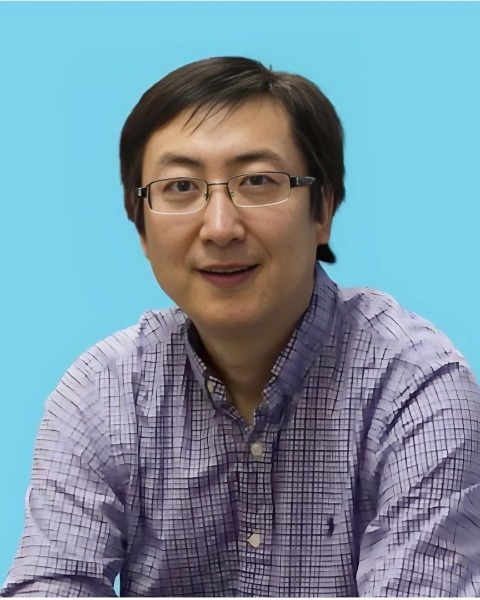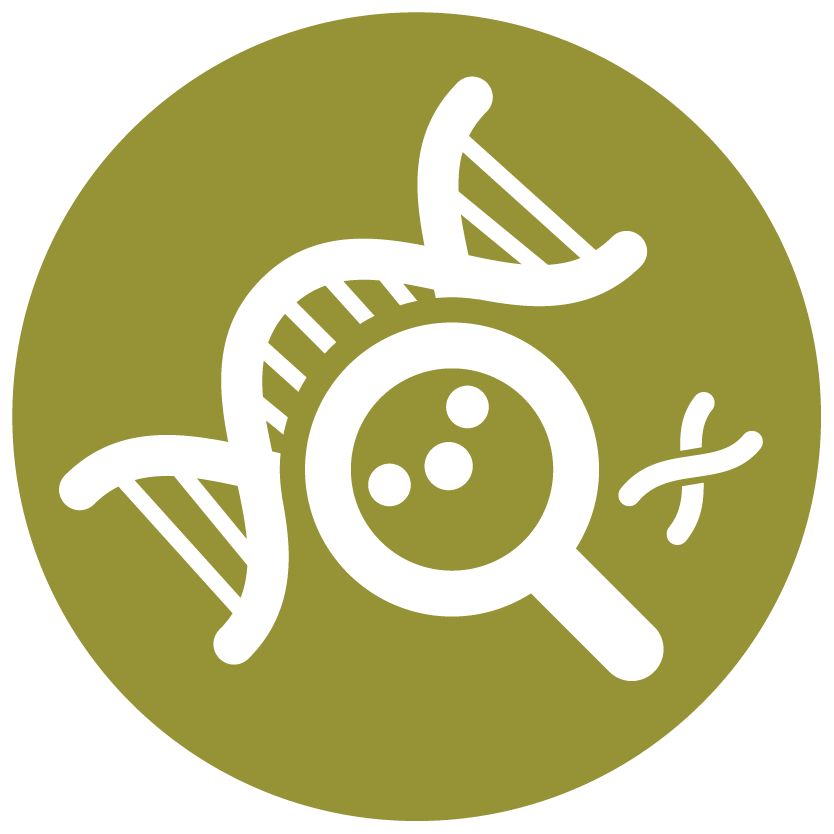Discovery and Basic Research
Symposium: Emerging Technology as a Game Changer in Drug Discovery
Circular Single-Stranded DNA-Mediated Genomic Integration
Tuesday, November 11, 2025
9:00 AM - 9:30 AM CT
Location: 303 AB

Hao Wu, PhD
Chief Scientific Officer
Full Circles Therapeutics, Massachusetts
Speaker(s)
The field of genome editing for both basic research and therapeutic purposes is evolving rapidly. While targeted gene ablation via nuclease editors has proven successful from research settings to clinical applications, achieving precise transgene integration remains a significant hurdle. Non-viral approaches for targeted genetic knock-ins primarily rely on double-stranded DNA (dsDNA) or linear single-stranded DNA (lssDNA) donors, which are known to have low efficiency and cytotoxic effects. Wu team introduce the GATALYST™ system, a non-viral genome writing catalyst, which enables the production of ultrapure minicircle single-stranded DNAs (cssDNAs) up to approximately 20 Kb in size. These cssDNA donors significantly enhance precision transgene integration efficiency, reaching up to 70% in induced pluripotent stem cells (iPSCs), and show even greater success in primary cell types relevant to clinical use. Moreover, cssDNAs have been applied to various genomic loci and nuclease editor systems, yielding superior results. Notably, when used in immune cell engineering, CAR-T cells derived from cssDNA demonstrate superior anti-tumor activity and sustained efficacy. The enhanced precision, efficiency, safety, flexibility in payload, and scalability of cssDNA manufacturing make it an ideal platform for advancing genome engineering, with potential applications in therapeutic development, disease modeling, and broader research endeavors.
Learning Objectives:
- Upon completion, participant will be able to understand the mechanisms of full circle stranded DNA technology
- Upon completion, participant will be able to understand the advantages of full circle stranded DNA technology
- Upon completion, participant will be able to understand the potential applications of full circle stranded DNA technology in the genome editing

